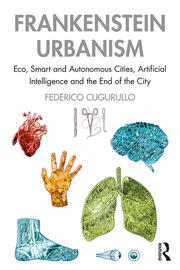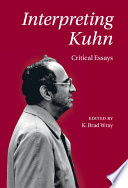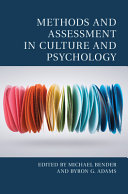Buy Frankenstein Urbanism: Eco, Smart and Autonomous Cities, Artificial Intelligence and the End of the City 1st Edition PDF ebook by author Federico Cugurullo – published by Routledge in 2021 and save up to 80% compared to the print version of this textbook. With PDF version of this textbook, not only save you money, you can also highlight, add text, underline add post-it notes, bookmarks to pages, instantly search for the major terms or chapter titles, etc.
You can search our site for other versions of the Frankenstein Urbanism: Eco, Smart and Autonomous Cities, Artificial Intelligence and the End of the City 1st Edition PDF ebook. You can also search for others PDF ebooks from publisher Routledge, as well as from your favorite authors. We have thousands of online textbooks and course materials (mostly in PDF) that you can download immediately after purchase.
Note: e-textBooks do not come with access codes, CDs/DVDs, workbooks, and other supplemental items.
eBook Details:
Full title: Frankenstein Urbanism: Eco, Smart and Autonomous Cities, Artificial Intelligence and the End of the City 1st Edition
Edition: 1st
Copyright year: 2021
Publisher: Routledge
Author: Federico Cugurullo
ISBN: 9781315652627
Format: PDF
Description of Frankenstein Urbanism: Eco, Smart and Autonomous Cities, Artificial Intelligence and the End of the City 1st Edition:
This book tells the story of visionary urban experiments, shedding light on the theories that preceded their development and on the monsters that followed and might be the end of our cities. The narrative is threefold and delves first into the eco-city, second the smart city and third the autonomous city intended as a place where existing smart technologies are evolving into artificial intelligences that are taking the management of the city out of the hands of humans. The book empirically explores Masdar City in Abu Dhabi and Hong Kong to provide a critical analysis of eco and smart city experiments and their sustainability, and it draws on numerous real-life examples to illustrate the rise of urban artificial intelligences across different geographical spaces and scales. Theoretically, the book traverses philosophy, urban studies and planning theory to explain the passage from eco and smart cities to the autonomous city, and to reflect on the meaning and purpose of cities in a time when human and non-biological intelligences are irreversibly colliding in the built environment. Iconoclastic and prophetic, Frankenstein Urbanism is both an examination of the evolution of urban experimentation through the lens of Mary Shelley’s Frankenstein, and a warning about an urbanism whose product resembles Frankenstein’s monster: a fragmented entity which escapes human control and human understanding. Academics, students and practitioners will find in this book the knowledge that is necessary to comprehend and engage with the many urban experiments that are now alive, ready to leave the laboratory and enter our cities.





